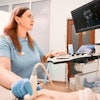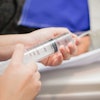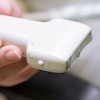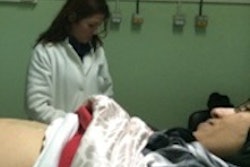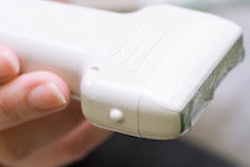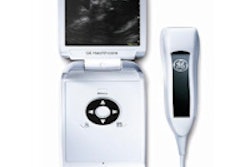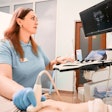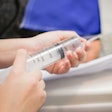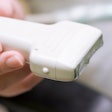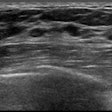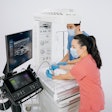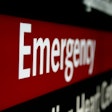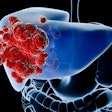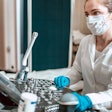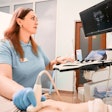Providing medical students with training on how to use handheld ultrasound can yield improved accuracy in physical diagnosis, according to research presented on November 18 at the American Heart Association (AHA) annual meeting.
A team led by Dr. David Vorchheimer, from Icahn School of Medicine at Mount Sinai, found that students who received special handheld ultrasound training were more likely to correctly diagnose valvular heart disease than students with standard training.
The group provided 64 second-year medical students with a 90-minute, personalized lesson on how to use handheld echocardiography technology, including a review of a 3D cardiac anatomy model, video images of normal echocardiograms, and the opportunity to test the Vscan handheld ultrasound system (GE Healthcare) on classmates. The other 72 students received only traditional instruction in how to review medical histories and use a stethoscope to analyze heart murmur sounds.
After taking an identical final examination test, 58% of the students who had received the enhanced ultrasound training correctly diagnosed valvular heart disease when provided with additional video of echocardiograms, compared with 40% of those who had been given standard training.
